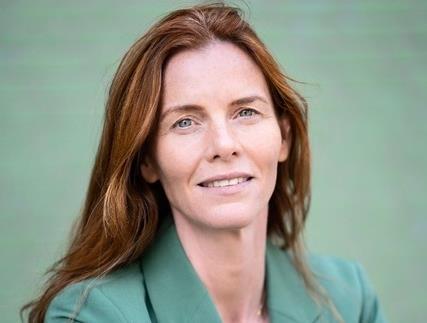
The shock resignation of Ambassador Luis Vayas Valdivieso as chair of the Intergovernmental Negotiating Committee (INC) for the Global Plastics Treaty, announced last week, has left everyone wondering: why, what happened, and what’s next? Willemijn Peeters of Searious Business takes a closer look at these questions.
Only weeks after the chaotic collapse of INC-5.2 in Geneva, Luis Vayas Valdivieso’s exit for “personal and professional reasons” hints at an undertone of deeper dissent, especially considering UNEP remarked that they hadn’t been “formally notified” (drama!).
Vayas’s tenure was monumental. Under his leadership, negotiators did much of the heavy lifting. It’s now clearer than ever where the red lines lie, who’s causing the blockages, and what must be done to break them down. Even the rejected draft, despite the audible outrage it sparked, served its (perhaps intended?) purpose: proving that consensus may be impossible, and that the struggle to please everyone can lead to achieving nothing.
The chair should be proud of the foundations he laid for a legally binding agreement to curb the plastic crisis, one projected to generate 1.7 billion metric tons of plastic waste by 2060.
Yet, failure at INC-5.3 is untenable. Finding a new chair shouldn’t be seen as a setback but as an opportunity. Allowing petrochemical states to dominate the conversation and waste precious time made Vayas an obvious target for criticism and distracted from the real issue. New leadership could stop the blame game and bring a much-needed boost of fresh energy to push the treaty across the finish line.
The next chair must be principled and resilient, and skilled at steering complex negotiations. This means keeping talks on time, stopping long-winded or disruptive interventions, and redirecting circular debates toward actionable outcomes.
They must foster trust, ensuring smaller nations’ voices are heard against the dominant delegations, while resisting the pressure from fossil fuel lobbies. Above all, the chair must balance diverse opinions and propose compromise texts that do not water down ambition. After all, this is about ending plastic pollution, not keeping everyone happy.
We expect updates at UNEA 7 in Nairobi, where the already overdue 2024 deadline will almost certainly have to be formally extended. Momentum is important, but another exhausting stalemate like Geneva would risk burning out negotiators entirely. It is imperative that majority-based voting reforms need to be discussed in advance to stop the handful of nations from halting progress.
Rumours have it that INC-5.3 might return to Geneva for continuity (at least everyone knows their way around by now), but Berlin and Tokyo have also been floated. Wherever it happens, the host must be high-ambition. Hosting nations hold significant soft power over logistics, side events, and in a subtle way, the agenda itself.
Worryingly, there seems to be a trend of oil-rich countries taking the lead at high-profile gatherings recently - COP, the IUCN World Congress, the UN Global Compact, and even major sporting events - raising serious questions about who is controlling the narrative and the power dynamics behind multilateralism.
The new chair must be a figure of Vayas’s calibre, insulated from pressure and able to rally 183 countries through this political minefield. With over 3 million petitioners, +300 business organisations, and mounting civil society pressure, the world is positively screaming for a treaty worthy of the plastics crisis. It’s a task for the fearless, not the faint-hearted.
If you liked this story, you might also enjoy:
The ultimate guide to the Packaging and Packaging Waste Regulation in 2025
How are the top brands progressing on packaging sustainability?
Everything you need to know about global packaging sustainability regulation in 2025
The key to increasing the use of reusable packaging in supermarkets














No comments yet